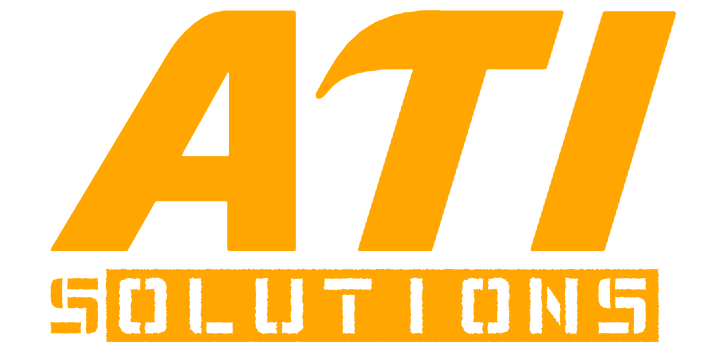Hiring Smart: Interview Tips Every Manager Should Know
Hiring the right candidate isn’t just about ticking boxes—it’s about making sure they’re competent, a great fit, and won’t cause future headaches. Whether you’re interviewing for hospitality, manufacturing, or anything in between, here’s how to navigate interviews like a pro (and avoid some common pitfalls).
1. Avoid Hiring the Problem in the First Place
We all know the saying, “An ounce of prevention is worth a pound of cure.” This couldn’t be more true when it comes to hiring. A problematic hire can lead to underperformance, team disruption, or even legal issues.
How to avoid trouble:
Focus on spotting red flags (more on those later).
Use a detailed job description that sets clear expectations and helps protect you in case of unemployment claims.
Always ask yourself: Does this candidate demonstrate sound judgment? If they don’t, it’s better to keep searching.
2. Don’t Let Fear of Illegal Questions Paralyze You
We get it—nobody wants to end up in legal hot water for asking the wrong thing. But that doesn’t mean you should avoid meaningful questions altogether. The key is to focus on job-related inquiries.
Stick to:
Skills and experience directly tied to the role.
Behavioral questions like, “How have you handled a tough customer or team challenge in the past?”
Situational questions like, “If production fell behind, how would you get back on track?”
Avoid asking:
Personal questions about age, marital status, family, health, or background.
Questions about criminal history (if possible) until after a tentative offer has been made. This lowers the risk of discrimination claims.
Pro Tip: When in doubt, ask yourself if the question is necessary for evaluating their ability to do the job. If it’s not, skip it.
3. Watch for Interview Red Flags
Sometimes a candidate reveals more about themselves through their behavior than their words. Keep an eye out for these red flags:
Being rude or dismissive to your office staff or you.
Arriving late to the interview without a valid reason.
Showing poor dress or hygiene—this may not always be a dealbreaker, but it says something about effort.
Sharing confidential information about a previous employer (if they’ll gossip about them, they’ll gossip about you).
Criticizing or expressing anger about their former employer.
Knowing little about the job they applied for.
4. Use Social Media Wisely
Yes, social media can give you additional insights about a candidate, but it’s not foolproof.
Best practices for social media checks:
Only review public pages and save this for later in the process (after the interview).
Verify what you see—don’t assume everything online is accurate.
Assign this task to someone else to avoid bias. Teach them what to look for so they can provide an objective report.
Remember: Social media is just one piece of the puzzle—don’t base your decision solely on it.
5. Conduct a Thorough and Professional Interview
A strong interview process is key to finding the right fit. Here are some best practices:
Start with a good job description to guide the interview. A clear description helps avoid confusion and protects you legally.
Announce recordings: If you’re recording the interview, let the candidate know upfront.
Be careful with notes: Only write down observations you’d feel comfortable explaining in court. Avoid careless or biased remarks.
Ask plenty of questions, but make sure they’re job-related and help you determine competence and fit.
6. Making the Final Decision
After the interviews, it’s time to decide if the candidate is the right fit.
What to look for:
Clear, relevant answers that align with the job requirements.
Enthusiasm and genuine interest in the role.
No major red flags.
Key points to remember:
You can hire the best-qualified candidate for the job, and it’s perfectly fine to explain why they were chosen if needed.
Avoid phrases like “overqualified” to explain rejections—it could be seen as evidence of age discrimination.
When turning down candidates, keep explanations short and neutral to avoid unnecessary conflict or misunderstandings.
Closing Thoughts
Hiring isn’t just about filling a position—it’s about building a stronger, more effective team. With preparation, thoughtful questions, and a focus on both competence and fit, you can make better hiring decisions and avoid future issues.
At ATI Solutions, we understand the challenges of finding the right talent. Need help with recruiting or staffing? Let’s talk about how we can support your hiring goals.
Disclaimer: This article provides general guidance and is not a substitute for legal advice. Always check your federal and state laws before applying any tips from the internet (yes, even this one).
